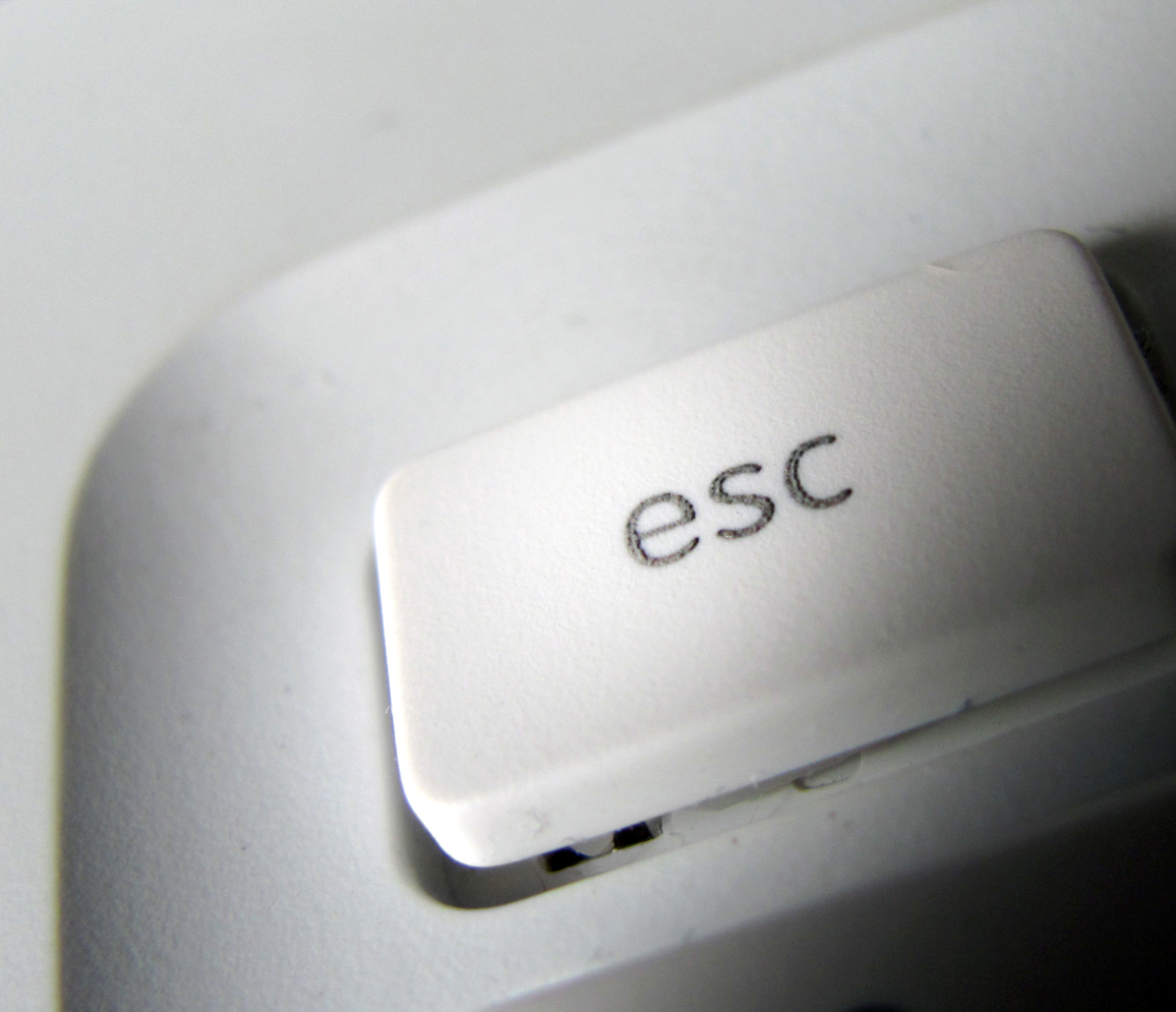Loved ones typically leave beautiful, sentimental gifts behind, so we often think of bequests as tangible, personal or real property. However, other assets can be gifted, too – digital assets. In this context, digital assets are not intellectual property, such as copyrights or patents, but instead are items purchased and/or stored online or stored by some other electronic means that really take up no physical space per se.
Consider this blog for a second – it’s not tangible, though reading it might result in numerous tangible benefits. Yet, even though this blog isn’t touchable, it’s something that I put effort into; something you accessed; and something that is “stored” on my website, which is stored on a chip somewhere in California and on my laptop chip in Illinois. Additionally, on those chips are zeroes and ones, not words, sentences, and paragraphs like you see here. Now, many people have blogs, not only professionals, but laypersons and parents, who are uber professionals, in my opinion. You may have a blog, or a Facebook/Meta page, a Flickr account, email somewhere, or other digital assets. Most folks do.
Nevertheless, if a person were to become temporarily or permanently incapacitated, would there be anyone designated to manage those intangibles? More importantly, would they want their intangible, yet significant, account such as Facebook to be kept alive as a memorial? Would they want to assign someone as their sub-Tweeter? While most of us don’t have large rooms in our homes designed as libraries, several thousand people own some kind of e-book reader and millions own computers. What should they do with all that knowledge and (hopefully) good writing? Likewise, millions own digital music, but how many of us know how to transfer that music without violating copyright laws?
These questions beg an even larger question – does your account allow you to transfer these assets and, if so, what would your trustee or executor have to show to access the account? If the file was paid for and non-musical, it is probably likely that you have a right to transfer. However, what if, in fact, the file was music, or what if it wasn’t paid for but just a free and cool (showing my vintage here) expression of your life experience. Who actually owns it, i.e., who is the rightful transferor?
Well, I suggest taking these 3 steps:
- Create a document, listing all of your digital accounts, usernames, and pass codes.
- Give that document to a couple of “digital trustees”; not Aunt Gemma who doesn’t know how to use e-mail yet (and yes, there are aunts and uncles like that), and on the flipside, not to the friend who loses the text – another digital asset – you just sent them and never shows up on time.
- Research your accounts so you know your rights and the rights of your loved ones.
Okay, an attorney could handle number 3 and include it in your will or trust, when the time is right. Still, I hope this encourages thought about one of the most important fingerprints we and one we often forget about, until our FB photo shows at the bottom of our Google search results, that is.

